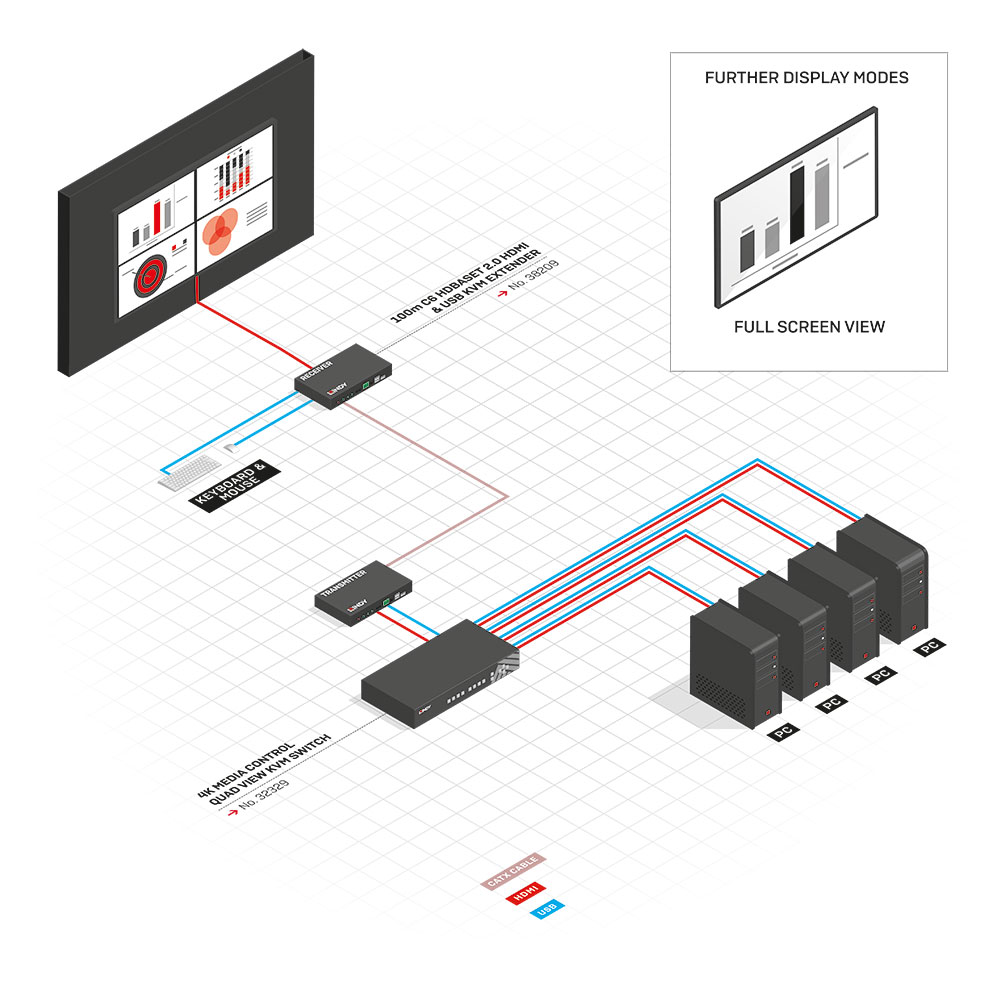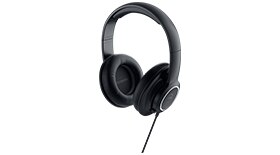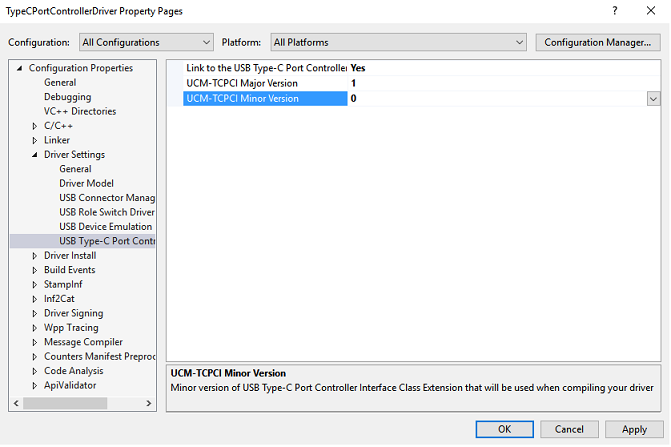Contemporary Controls is a leading manufacturer of unique and innovative products for the industrial and building automation industries leveraging technologies such as BACnet, Cellular, Ethernet, IoT and Modbus. For more than 45 years, Contemporary Controls has been designing and manufacturing the system building blocks for networking, integrating and control where performance and reliability. USB port (the wired WAN port is disabled) — allowing LAN-side clients access to cellular devices. Data plans intended for M2M communication usually include the cellular adapter as part of the package. Contemporary Controls maintains a list of approved cellular adapters. Note that the EIPR-V supports either Wi-Fi or cellular. View and Download Contemporary Control Systems EISK8-100F Series installation manual online. Plug and Play Fibre Switching Hub for Industrial Automation Systems. EISK8-100F Series switch pdf manual download. Also for: Eisk8-100t series, Eisk8-100t/fc, Eisk8-100t/fcs, Eisk8-100t/ft.
-->Universal Serial Bus (USB) provides an expandable, hot-pluggable Plug and Play serial interface that ensures a standard, low-cost connection for peripheral devices such as keyboards, mice, joysticks, printers, scanners, storage devices, modems, and video conferencing cameras. Migration to USB is recommended for all peripheral devices that use legacy ports such as PS/2, serial, and parallel ports.
The USB-IF is a Special Interest Groups (SIGs) that maintains the Official USB Specification, test specifications and tools.
Windows operating systems include native support for USB host controllers, hubs, and devices and systems that comply with the official USB specification. Windows also provides programming interfaces that you can use to develop device drivers and applications that communicate with a USB device.


| USB in WindowsWindows 10: What's new for USB Overview of new features and improvements in USB in Windows 10. USB FAQFrequently asked questions from driver developers about the USB stack and features that are supported in USB. Microsoft OS Descriptors for USB DevicesWindows defines MS OS descriptors that allows better enumeration when connected to system running Windows operating system Microsoft-provided USB driversUSB device-side drivers in WindowsA set of drivers for handling common function logic for USB devices. USB host-side drivers in WindowsMicrosoft provides a core stack of drivers that interoperate with devices that are connected to EHCI and xHCI controllers. USB-IF device class driversWindows provides in-box device class drivers for many USB-IF approved device classes, audio, mass storage, and so on. USB generic function driver–WinUSBWindows provides Winusb.sys that can be loaded as a function driver for a custom device and a function of a composite device. USB generic parent driver for composite devices–UsbccgpParent driver for USB devices with multiple functions. Usbccgp creates physical device objects (PDOs) for each of those functions. Those individual PDOs are managed by their respective USB function drivers, which could be the Winusb.sys driver or a USB device class driver. WDF extension for developing USB drivers
Get information about the tools that you can use to test your USB hardware or software, capture traces of operations and other system events, and observe how the USB driver stack responds to a request sent by a client driver or an application. Read an overview of tests in the Hardware Certification Kit that enable hardware vendors and device manufacturers to prepare their USB devices and host controllers for Windows Hardware Certification submission. Other Resources for USB Official USB SpecificationProvides complete technical details for the USB protocol. Microsoft Windows USB Core Team BlogCheck out posts written by the Microsoft USB Team. The blog focuses on the Windows USB driver stack that works with various USB Host controllers and USB hubs found in Windows PC. A useful resource for USB client driver developers and USB hardware designers understand the driver stack implementation, resolve common issues, and explain how to use tools for gathering traces and log files. OSR Online Lists - ntdevDiscussion list managed by OSR Online for kernel-mode driver developers. Windows Dev-Center for Hardware DevelopmentMiscellaneous resources based on frequently asked questions from developers who are new to developing USB devices and drivers that work with Windows operating systems. USB-related videos UWP apps for USB devicesUnderstanding USB 3.0 in Windows 8Building great USB 3.0 devicesUSB Debugging Innovations in Windows 8 (Part I, II, & III)USB hardware for learning MUTT devicesMUTT and SuperMUTT devices and the accompanying software package are integrated into the HCK suite of USB tests. They provide automated testing that can be used during the development cycle of USB controllers, devices and systems, especially stress testing. OSR USB FX2 Learning KitIf you are new to USB driver development. The kit is the most suitable to study USB samples included in this documentation set. You can get the learning kit from OSR Online Store. | Write a USB client driver (KMDF, UMDF) Introduces you to USB driver development. Provides information about choosing the most appropriate model for providing a USB driver for your device. This section also includes tutorials about writing your first user-mode and kernel-mode USB drivers by using the USB templates included with Microsoft Visual Studio. Write a USB host controller driverIf you are developing an xHCI host controller that is not compliant with the specification or developing a custom non-xHCI hardware (such as a virtual host controller), you can write a host controller driver that communicates with UCX. For example, consider a wireless dock that supports USB devices. The PC communicates with USB devices through the wireless dock by using USB over TCP as a transport.
You can develop a controller driver that handles all USB data transfers and commands sent by the host to the device. This driver communicates with the Microsoft-provided USB function controller extension (UFX). USB function class extension (UFX) reference Write a USB Type-C connector driverWindows 10 introduces support for the new USB connector: USB Type-C. You can write a driver for the connector that communicates with the Microsoft-provided class extension module: UcmCx to handle scenarios related to Type-C connectors such as, which ports support Type-C, which ports support power delivery. USB connector manager class extension (UcmCx) reference Write a USB dual-role controller driverUSB Dual Role controllers are now supported in Windows 10. Windows includes in-box client drivers for ChipIdea and Synopsys controllers. For other controllers, Microsoft provides a set of programming interfaces that allow the dual-role class extension (UrsCx) and its client driver to communicate with each other to handle the role-switching capability of a dual-role controller. For more information about this feature, see: USB dual-role controller driver programming reference Write a USB driver for emulated devicesWindows 10 introduces support for emulated devices. Now you can develop an emulated Universal Serial Bus (USB) host controller driver and a connected virtual USB device. Both components are combined into a single KMDF driver that communicates with the Microsoft-provided USB device emulation class extension (UdeCx). Emulated USB host controller driver programming reference Write a UWP appProvides step-by-step instructions about implementing USB features in a UWP app. To write such an app for a USB device you need Visual Studio and Microsoft Windows Software Development Kit (SDK) . Write a Windows desktop appDescribes how an application can call WinUSB Functions to communicate with a USB device. WinUSB functions Common programming scenariosList of common tasks that a driver or an app performs in order to communicate with a USB device. Get quick info about the programming interfaces you need for each task. USB samples Development tools Download kits and tools for Windows |

USB storage devices are a convenient mechanism for users to store data locally or transport data from one system to another. USB storage devices may include memory sticks, portable hard disks, smartphones, cameras, media players, and even auxiliary displays.
In computing, a device driver is a computer program that operates or controls a particular type of device that is attached to a computer or automaton. A driver provides a software interface to hardware devices, enabling operating systems and other computer programs to access hardware functions without needing to know precise details about the hardware being used. Windows provides in-box device class drivers for many USB-IF approved device classes, audio, mass storage, and so on. USB generic function driver–WinUSB Windows provides Winusb.sys that can be loaded as a function driver for a custom device and a function of a composite device. USB generic parent driver for composite devices–Usbccgp.
Historically some USB storage devices have contained autorun executable malicious code. If an employee can be enticed to insert a USB device containing such code a system may become compromised unless other controls are in place. Even if autorun has been disabled, employees may be enticed to execute malicious code stored on USB storage devices.
Removable storage media, including USB storage, also creates a mechanism for data to be exfiltrated from a company.
SystemExperts recommends implementing controls to limit the use of USB storage devices. Windows 7 users should be prevented from running executables from USB storage devices unless there is a specific business justification for an individual to run such executables.
SystemExperts recommends that all employees should be prevented from wiring to USB storage devices unless there is a specific business requirement for an employee to have this ability. This control is one means of limiting the leakage, or loss of control, of data. Some companies may choose to impose this control only on employees working in specific geographic regions.
Many corporate policies make it clear that employees have a responsibility to protect corporate and customer data and information from unauthorized access, disclosure, generation, destruction, modification or transmission. Unfortunately, USB storage devices present a risk to companies once data is written to such a device, a company can rarely control its subsequent access, transport, or transmission to other parties, accidentally or otherwise. Unfortunately, many companies provide no technological controls to limit the access to USB storage devices.
Few companies desire to prevent all use of USB ports since many employees use these ports for keyboards, mice, or other HID capabilities.
Unknown Usb Device Driver Download

Many third party tools on Windows exist to provide control over the use of USB ports for storage. Some provide the ability to control who can use USB storage and some enforce the use of encryption when storing data on USB devices. In some cases, the use of encryption provides a level of control over the subsequent access to the data. Such tools include products from Code Green, McAfee, TrueCrypt, and Lumension.
Microsoft also provides various options. These include encryption using “BitLocker to Go,” and various AD GPOs or registry settings controlling Removable Storage Access, or even preventing the installation of some device drivers.
Drivers Contemporary Controls Usb Devices 3.0
Paul Hill has worked with SystemExperts as a principal project consultant for more than twelve years assisting on a wide range of challenging projects across a variety of industries including higher education, legal, and financial services. He joined SystemExperts full time in March 2012 and coordinates the SMARTday practice.